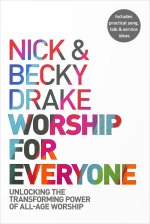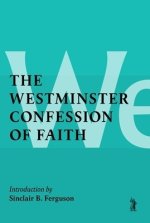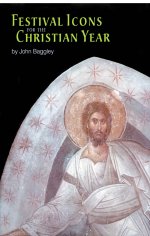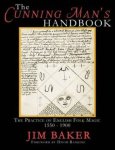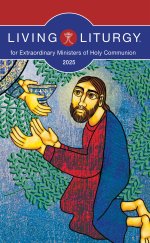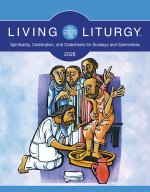I found Heaven and Earth in Little Space a fascinating book to review. In the first place, this is a book written by one who inhabits a Christian tradition very different to my own. As such I found this book served to challenge assumptions and reinforce stereotypes in equal measure. So it is that the liturgy in question here is overwhelmingly Eucharistic and the re-enchantment being sought is one which swims firmly in the stream of tradition. Moreover, that tradition is one with a Western Catholic flavour. The second fascination derives from the author himself. Andrew Burnham is a bishop in the Anglo-Catholic tradition and is one for whom the recent offer from Pope Benedict to form a Roman Catholic 'ordinariate' which draws upon Anglican patrimony is tempting. In fact, having read this book, it is not difficult to discern the answer to that offer!
So to the book itself. For me, I found it an engaging insight into the conversations of the more Catholic wing of the Church of England. There is also plenty of discussion of the recent Roman rites and the increasing yearning for the old Latin Mass which is evident amongst a vocal section of younger Catholics. The bishop seeks to engage in a wide range of discussions and as such the book is a helpful primer for all who seek to gain understanding in this area.
Alongside the discussion of liturgy, there is also a helpful chapter dealing with other practices of the church which have broadly fallen out of use, such as fasting and the keeping of feasts. In fact, there is a healthy understanding that liturgical worship exists most happily on top of a foundation of personal spiritual discipline. Within the book there is no suggestion of a bare ritual, but rather an ordered life which has the Eucharistic rite as its consummation and highpoint.
But what of those who are not of an Anglo-Catholic persuasion? Here the book serves a different purpose, and will lead the reader to question the assumption that new is better. Along with Marva Dawn's excellent Reaching Out Without Dumbing Down, which is now some 15 years old, this book seeks to recapture some of the transcendent awe and counter-cultural nature of older patterns of worship. As such, it presents a strong case for drawing on the strengths of older liturgies and providing the congregation with a rich experience of the worship of God.
Trustpilot


